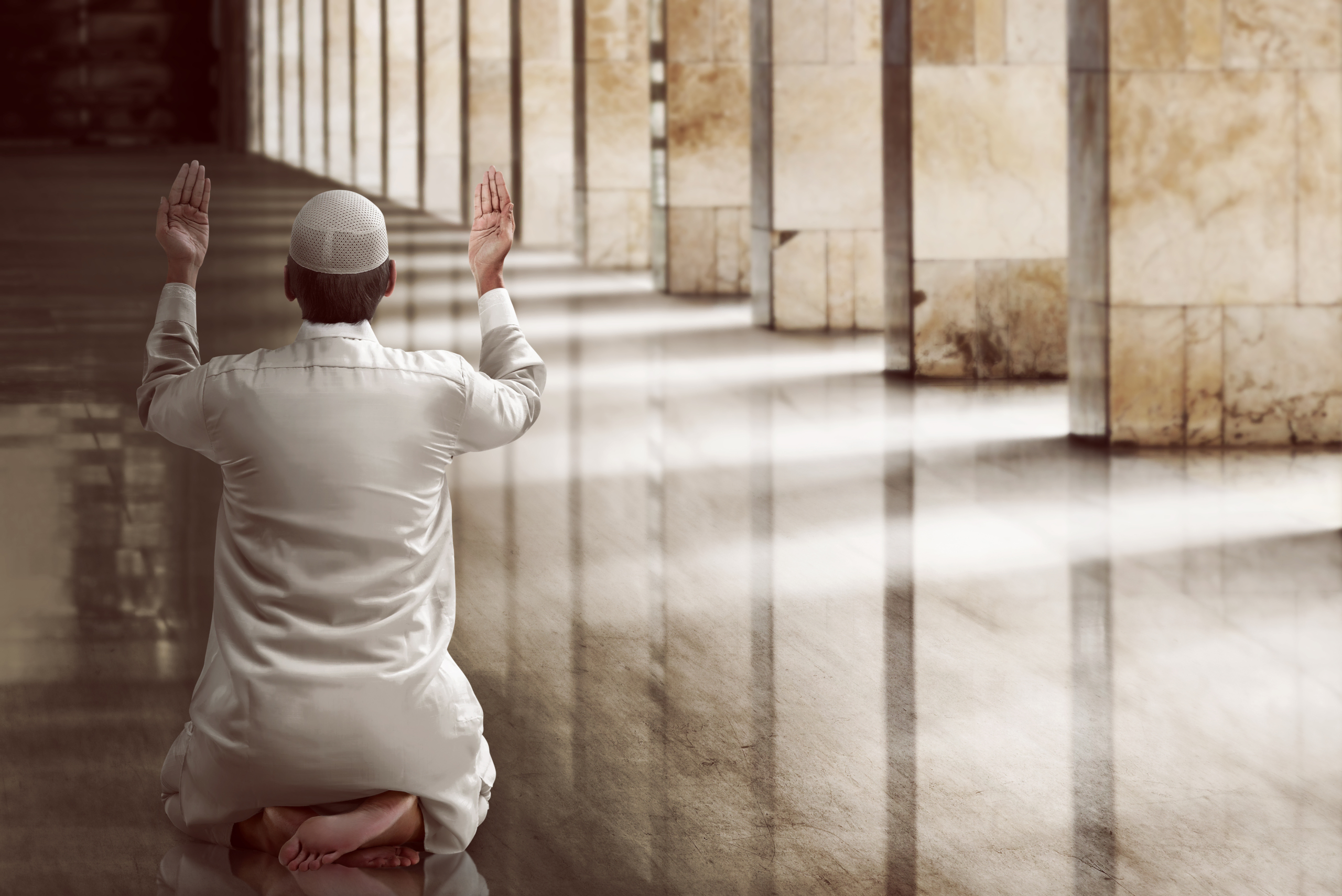Should One Perform Sunna and Nafl Prayers When One Has Many Makeup Prayers?
Hanafi Fiqh
Answered by Shaykh Faraz Rabbani
Question: Can one pray salat at-tawbah, salat al-istikhara, salat al-hajah and other specific nafl prayers if one has qadas? If not, can one intend to pray the nafl prayer along with a qada prayer? For example, when one is praying a qada of Fajr after a fard Maghrib, can they intend it to also be part of the six rak`aat of salat al-awwabeen? If intending a qada along with salat al-istakhara would one simply read the dua of istikhara afterwards?
Answer: In the Name of Allah, Most Gracious, Most Merciful
Assalamu alaikum,
It is permitted to pray the specific voluntary (nafl) prayers that the Messenger of Allah (Allah bless him and give him peace) encouraged even when one has makeup ( qada) prayers with one condition: that performing such prayers does not delay one’s schedule of makeup prayers.
Imam Tumurtashi (Allah have mercy on him) stated in his Tanwir al-Absar:
“It is permitted to delay making up missed prayers [Haskafi: even if they are initially immediately obligatory] for the excuse of providing for one’s dependants, and in one’s needs, according to the sounder opinion.”
Imam Ibn Abidin (Allah have mercy on him) explained:
“(His saying, ‘and in one’s needs’)… Means everything one needs for oneself in terms of attaining benefits and avoiding harm [f: such as seeking religious or worldly knowledge, visiting the righteous, one’s family members, or the sick, for example].
As for voluntary prayers, it is mentioned in al-Mudmarat that:
“Busying oneself with makeup prayers is more incumbent and more important than voluntary prayers, except for: the [f: confirmed and non-confirmed] sunnas prayers related to the obligatory prayers, Duha prayer, Tasbih prayer, and other prayers mentioned in hadiths.”
Such as the prayer for greeting the mosque ( tahiyyat al-masjid), the four rakats before Asr, and the six rakats [f: of the Awwabin prayer] after Maghrib.” [Ibn Abidin, Radd al-Muhtar `ala al-Durr al-Mukhtar Sharh Tanwir al-Absar]
One should take note about how Muslims were in the past from this passage:
a) even the common people performed these sunna prayers;
b) in general, people lived their worldly lives around their religion (instead of squeezing in a little religion around their worldly life).
In our times, with weaker wills, difficult environments, and often years of prayers to make up or repeat:
a) what certainly should not be left (in normal situations) are one’s confirmed sunna prayers;
b) we should make a schedule of making up our missed prayers that is as much as we can commit to and reasonably expect to sustain;
c) with these, one should attempt to perform a little night prayer, though most of one’s night worship should be devoted to making up missed prayers;
d) other sunnas may be performed when there is a need for them (such as the prayer of seeking guidance ( istikhara) or if these do not interfere with making up one’s missed prayers at a reasonable rate.
And Allah alone gives success.
Wassalam,
Faraz Rabbani
